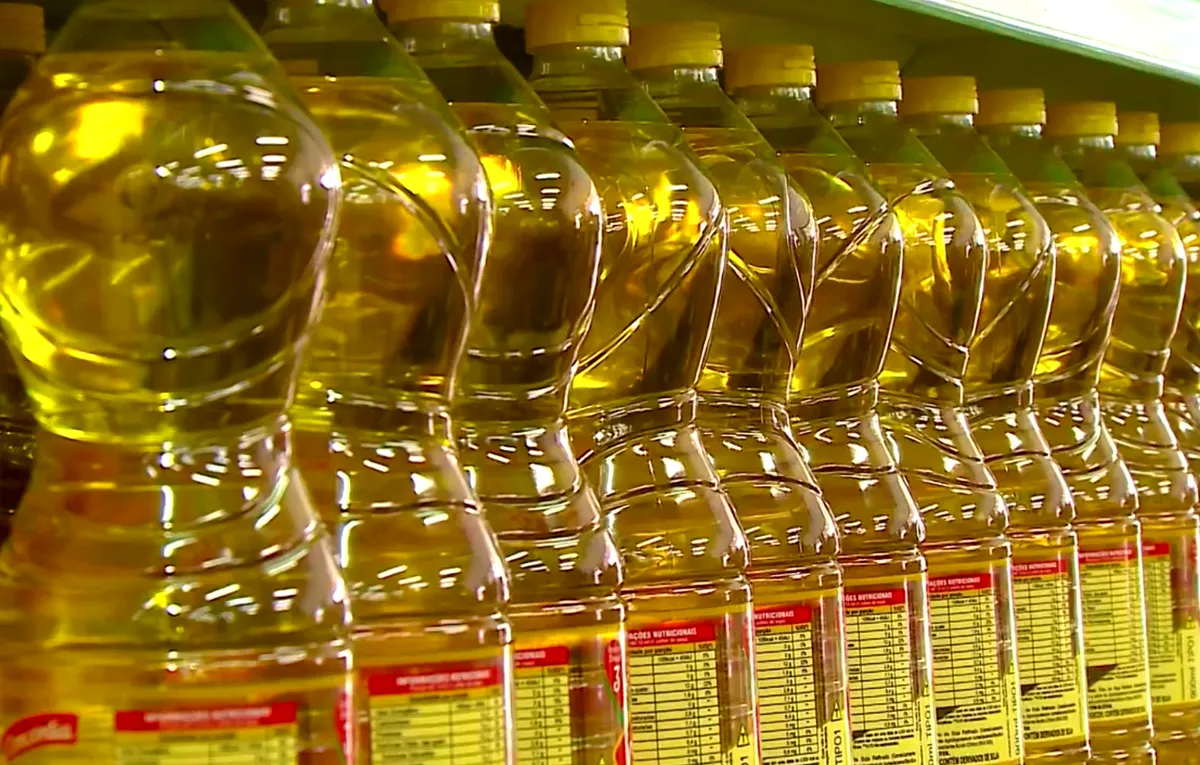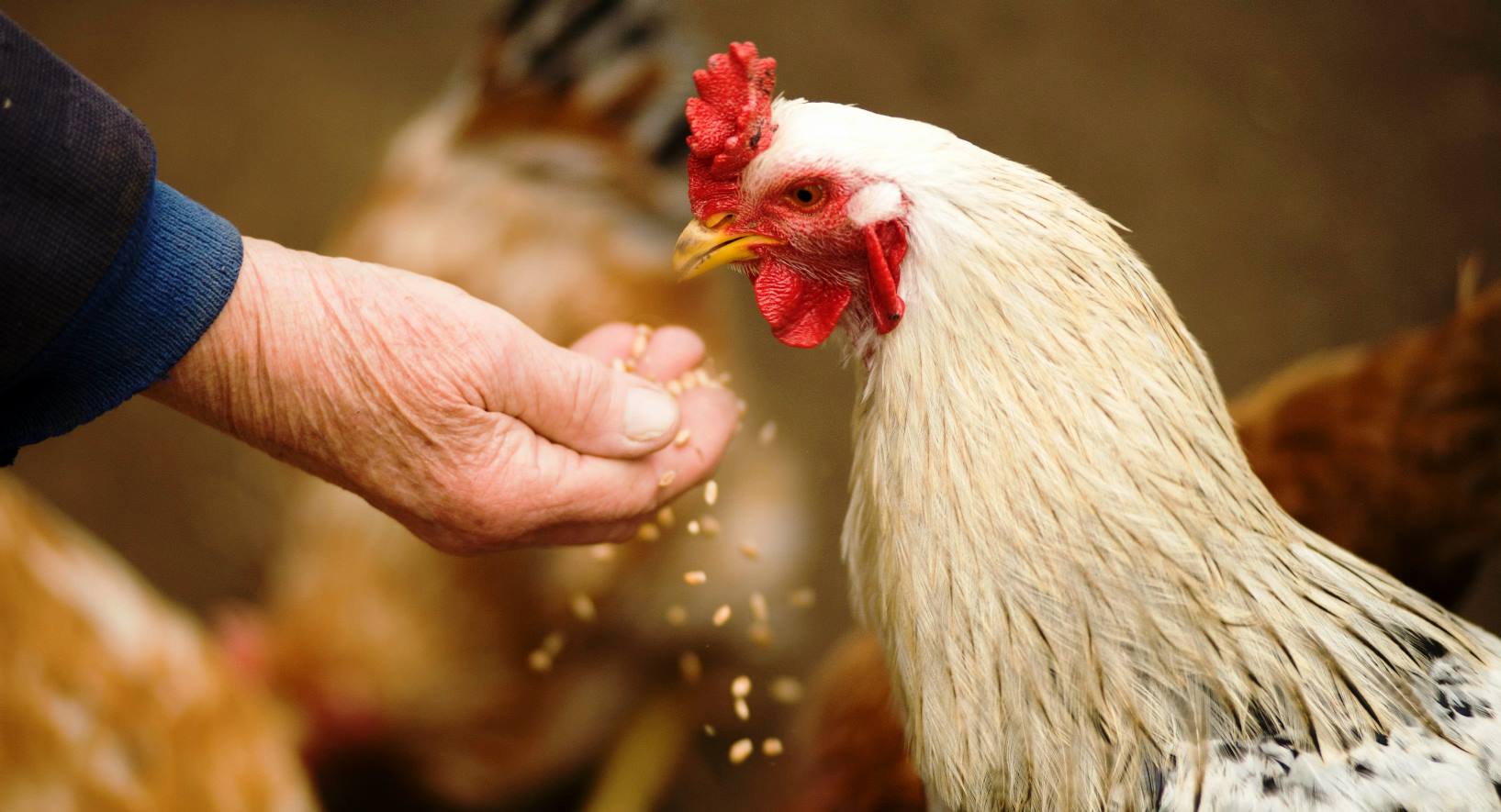
Imagine closing a million-dollar contract to import sugar, corn, or soybeans. Everything seems legitimate: a professional website, flawless documentation, and even a list of previous exports. But when it’s time to ship the goods, the contact disappears. The phone stops answering, emails bounce back, and the website simply vanishes from the internet. Import-Export Scams: How to Protect Your Business?
Sounds like a nightmare, right? For many importers, this is reality. Website cloning and document forgery are increasingly common practices in the international trade of agricultural commodities. Ghost companies specialize in creating an impeccable appearance but deliver only empty promises and massive losses.
Contents
With globalization and the advancement of the internet, trading with suppliers in other countries has become easier. But this convenience also brought a sharp increase in scams. According to data from ICC FraudNet, international trade fraud increased by more than 30% in the last five years, with a focus on agricultural commodities markets such as sugar, corn, and soybeans.
The most common scam involves creating cloned websites, forged documents, and even fake references to deceive buyers. For the importer, everything seems legitimate. Criminals use advanced strategies, such as creating corporate emails with domains identical to major companies, changing just one letter or symbol that’s almost imperceptible.
Our own company was once a victim of an international scam. A supplier with impeccable references, proper documentation, and a well-structured website. It seemed like the perfect partnership until the payment was made—and we never heard from them again. This bitter experience led us to create the Agricultural Commodities Suppliers Guide: a complete and verified directory so that other importers do not suffer the same fate.
Important Tip: Always verify the authenticity of the website, check real references, and seek additional information about the supplier’s history.
The Guides we created provide access to verified contacts, with a history of successful transactions and legitimate certifications. This means security, trust, and, above all, protection against scams that could put million-dollar businesses at risk.
If you are negotiating in the international market, you can choose to take the risk and trust any website that appears on Google, or guarantee absolute security with verified contacts from our Guide. The choice is yours.
You may have spent months searching for a legitimate and trustworthy exporter. Find the exporter of agricultural commodities, verify their records in the country of origin, verify the history of international transactions and confirm the certifications that could undermine your team and compromise the import success.

To identify a scam, it’s important to verify the authenticity of the documents presented, check the supplier’s references, and analyze if the website has common fraud errors, such as suspicious domains and unresponsive contacts. Using an Agricultural Commodities Suppliers Guide can help validate this information.
The most common scams include: cloned websites, forged documents, nonexistent intermediaries, and requests for upfront payments without guarantees. Many criminals create corporate emails that imitate major companies to deceive importers.
To avoid fraud, always negotiate with verified suppliers, conduct thorough research on the company, use contracts with security clauses, and prefer payment methods that allow some form of tracking or insurance.
Yes, the guide provides a list of verified suppliers with a history of legitimate transactions and quality certifications. This significantly reduces the risk of falling victim to scams.
Unless there is clear evidence of official authorization, always be suspicious. Many scammers pose as intermediaries to carry out fraud. Verifying with the Suppliers Guide helps identify legitimate representatives.
Mello Commodity publishes educational articles that aim to guide importers of agricultural commodities on: Brazilian crops, market information, prices, scams, etc.
Some articles may contain affiliate links that provide access to several SUPPLIER GUIDES for Brazilian agricultural commodities. The commission paid to the Mello Commodity team is used to cover production costs and will not impact the cost of acquiring the material.
If you are interested in negotiating the direct import of sugar, soybeans or yellow corn, simply click on the Quotation menu and send us your order details.
To report international beatings online, you can use the FBI site, [Link: FBI.gov https://www.fbi.gov/contact-us/field-offices]
Hits in International Purchases in Brazil – https://www.gov.br/receitafederal/pt-br/assuntos/noticias/2024/junho/golpes-em-compras-internacionais

Brazilian, graduated in Marketing, Specialist in Service Management and Strategic Communication.
Important International Negotiator in the commercialization of Brazilian agricultural commodities such as: Sugar, Soybeans and Corn.
Owner of Mello Commdity, she has gained great prominence on the internet in recent years by promoting educational articles for importers of Brazilian agricultural commodities.
#Agricultural Commodities Suppliers #Agricultural Commodities Suppliers Guide #Brazilian Sugar #Coffe brazil #Corn brazil #Don't Get Scammed! How to Identify Genuine Suppliers #Frauds in the Importation of Agricultural Commodities #Guide for Safe Importation of Commodities #How to Avoid Blows in the International Market #How to Avoid Export Scams #How to Avoid Scammers and Protect Your Business #How to know if the exporter is fake #Import-Export Scams: How to Protect Your Business #international businesses #Soybean brazil #SUGAR PRICES #Verified Import Suppliers
 Bangladesh Sugar Imports: A Global Success Case Study
Bangladesh Sugar Imports: A Global Success Case Study Oil Exporters in Brazil – Business Opportunities and Global Markets
Oil Exporters in Brazil – Business Opportunities and Global Markets Avian Influenza in Brazil: What You Need to Know in 2025
Avian Influenza in Brazil: What You Need to Know in 2025